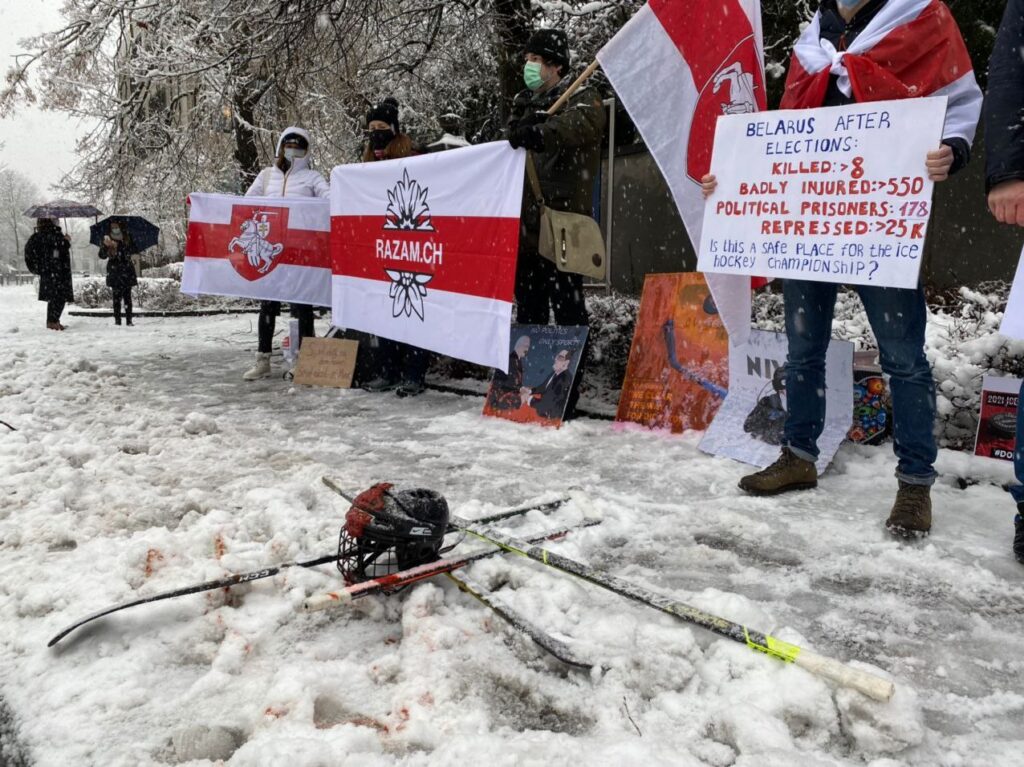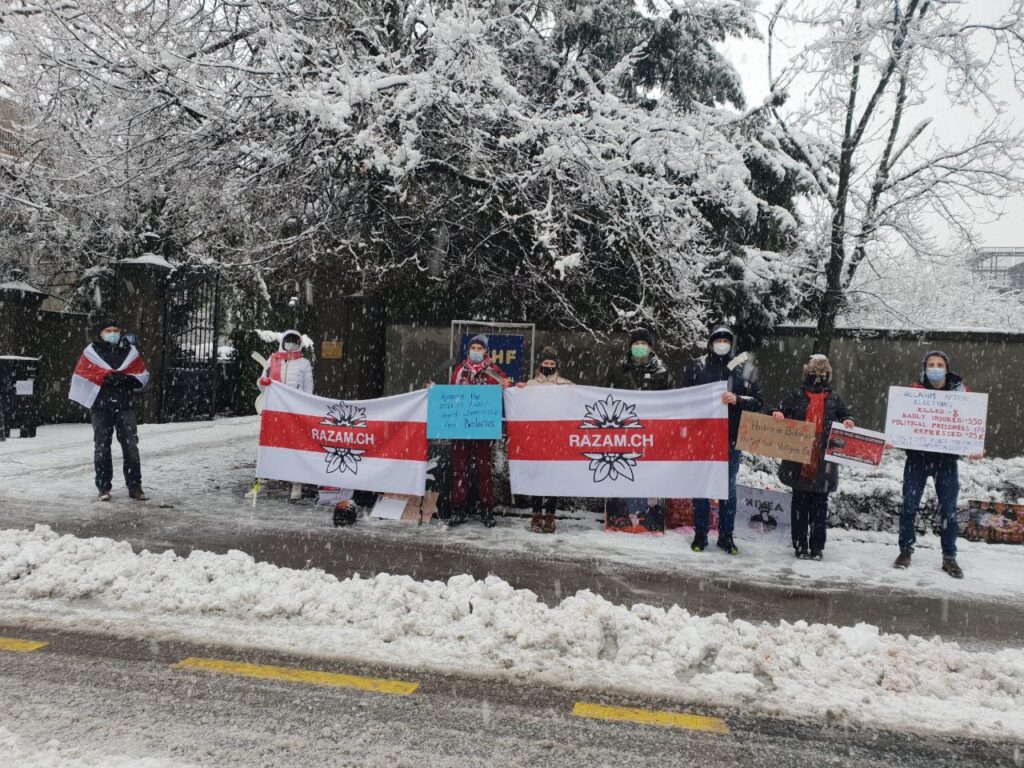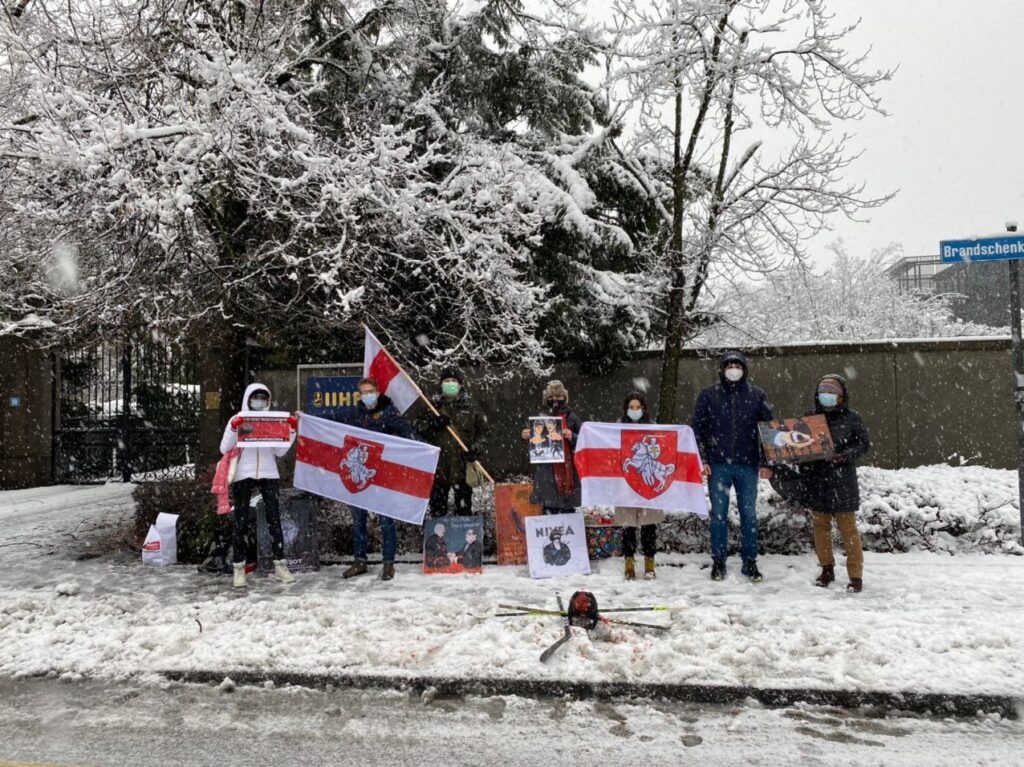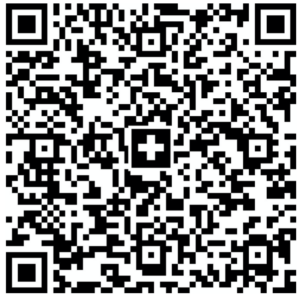
On 12 November 2020, Belarusian news websites and Telegram channels reported the story of the young man, Roman Bondarenko, who had been beaten and kidnapped the day before from a courtyard in Minsk. He was later found in hospital in a very serious condition. After a hours-long surgery he did not regain consciousness and died the same evening. He was 31.
In three months since the August presidential “elections”, beatings and arrests in Minsk courtyards have become quite common. Many such cases were filmed on mobile phone cameras and the footage was widely spread on the Internet. Such footage was also found in the case of Roman Bondarenko. After the tragic ending of the story became viral, many people looked through the recordings trying to identify participants of Bondarenko’s kidnapping.
Their efforts led to an unexpected result: a man very similar to Dmitry Baskov, chairman of the Belarus Hockey Federation and head coach of Alexander Lukashenko’s hockey team, was noticed in the company of the men who attacked Bondarenko. Other proofs of his involvement soon were found as well: phone records and mobile phone geolocation data. Already on 16 November Latvia banned Dmitri Baskov from entering the country’s territory.
The incident case shadow on the big sport event scheduled for 2021: Belarus and Latvia were supposed to host together the Ice Hockey World Championship, all the more important because the 2020 championship was cancelled due to the coronavirus pandemic. But can a championship be held in a country where thousands of people have been thrown in jail for trying to protest peacefully, hundreds have been tortured, and the main hockey functionary has been implicated in a political assassination? As it turned out, Rene Fasel, head of the International Hockey Federation, believed it can be.

On 16 November the first picket in front of the International Ice Hockey Federation, organised by RAZAM.CH took place. Due to Covid-19 restrictions, the number of participants was really limited, but the picket participants managed to bring their position to the federation’s leadership and handed an open letter to René Fasel on behalf of the association. In the letter members of the association asked Mr. Fasel to refuse from holding the championship in Belarus, pointing to the numerous facts of violence by security forces, as well as the results of the survey, conducted through the internet based platform “Golos”, which showed that the vast majority of respondents (about 90%) did not want to see the championship in Minsk, while lawless acts continue in the country.
The association’s letter remained unanswered. In December, Rene Fasel gave an interview to the Swiss edition Watson.ch, in which he said: “We will not allow ourselves to be held hostage by politics. History teaches us that boycotting sporting events such as the 1980 or 1984 Olympics never worked. Sport is made for people and brings people together, and we in hockey have a great tradition of disobeying politics and promoting international understanding.” Commenting on the position of the Latvian Ice Hockey Federation, he even suggested that the championship could take place only in Minsk, while Latvia could lose its hosting status. However, before making a final decision, Fasel decided to pay a personal visit to Minsk and discuss the situation with Lukashenko. For the Ice Hockey World Championship, this visit turned to be crucial.
Judging by later explanations, Fasel hoped that the visit would take place without too much publicity and media attention. However, Lukashenko, who has recently had to restrict his visits to Saudi businessmen and Russian governors, could not fail to use the visit of a world-class sports official as a demonstration of his continued importance. Footage with Fasel giving a warm hug to Lukashenko immediately went through the world media. In addition, one of those in attendance posted a photo in his Instagram where Fasel stood together with Dmitry Baskov, whose role in the death of Roman Bondarenko was already known to the International Hockey Federation. The wave of outrage risen in the Swiss press was hard to underestimate: “Shame for hockey, shame for Switzerland,” was how the Tages Anzeiger commented on Fasel’s trip to Belarus.
Fasel insisted that he was misunderstood, that the photo was taken out of context, and that holding the World Championship in Minsk was still possible.

The next picket in front of the hockey federation was held by RAZAM.CH on 14 January 2021, three days after Fasel’s visit to Minsk. On that day, it was unusually cold in Zurich, with heavy snowfall. But this did not preclude those wishing to take part in the demonstration, even though not all of them were allowed to join due to the number of people limitations imposed by the pandemic. The posters brought by the picket holders had special mention of the sponsors of the championship including Nivea, Tissot and Raiffeisen. On the same days, Belarusian diasporas of the respective countries picketed the headquarters of the sponsors and asked them the question whether this was the kind of publicity they were counting on. Some sponsors, such as Tissot, were evasive, citing the decision making role of the International Hockey Federation about location of the championship. However, on 16 January, Nivea and Skoda announced their withdrawal from the list of sponsors of the championship in Minsk, soon followed by Liqui Moly. Under pressure from the sponsors, the International Ice Hockey Federation finally gave up trying to maintain the status quo and announced that the World Championship would be moved from Belarus.
So, who took away from Lukashenko, a huge hockey fan, his favourite toy? Undoubtedly, the main role in this was played by his allies, Dmitry Baskov and Rene Fasel, who drew the attention of the European press to what was happening. However, one should note the activity of the Belarusian public organisations, including the Belarusian diasporas, which again demonstrated their ability to organise themselves and coordinate their joint efforts in order not to allow international organisations to turn a blind eye to the lawlessness in Belarus.

